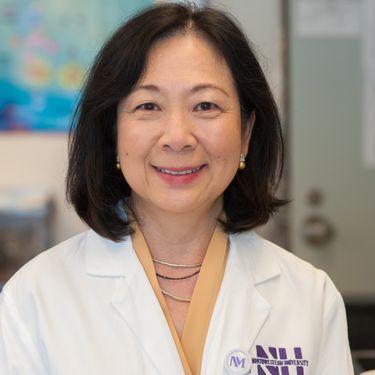
Debbie Chan
Sessions in which Debbie Chan attends
Tuesday 11 May, 2021
Sleep and circadian disturbances are common and represent risk factors for the development of some of the most prevalent and challenging chronic illnesses, such as cardio-metabolic and neurodegenerative disorders.Circadian rhythms are ubiquitous in all organisms. These rhythms, maintained through a complex molecular transcription-translation feedback loop are present throughout the brain and body, and play a key role in the regulation of nearly all physiological and behavioral processes. S...
Wednesday 12 May, 2021
With aging, there are declines in sensorimotor functions such as fine motor control, gait and balance. Moreover, the largest age differences in brain structure are observed in the motor and somatosensory cortices. A key question of interest is why some individuals are more resilient than others to these functional declines. I will describe my findings showing that, in some cases, individual differences in sensorimotor system structure and function are associated with motor performance meas...
Safe mobility is vital to the functional independence of older adults. Executive functions such as working memory updating and dividing attention play an increasingly important role in supporting mobility in old age. This talk describes recent studies that examine the influence of cognitive and sensory challenges to complex motor performance. Featured are recent cognitive training and exercise intervention studies designed to target executive functions to improve mobility and cognition in old...
Disorders of gait and cognition are central to many age related conditions and diseases. While there are medications available to treat some of these disorders, they have significant side effects and limited effectiveness. A better understanding of the inter-relationship between motor and cognitive function in aging may help guide the development of new therapeutic approaches for conditions such as frailty, mobility disability and dementia. In this talk, I will discuss non-pharmacological ...



